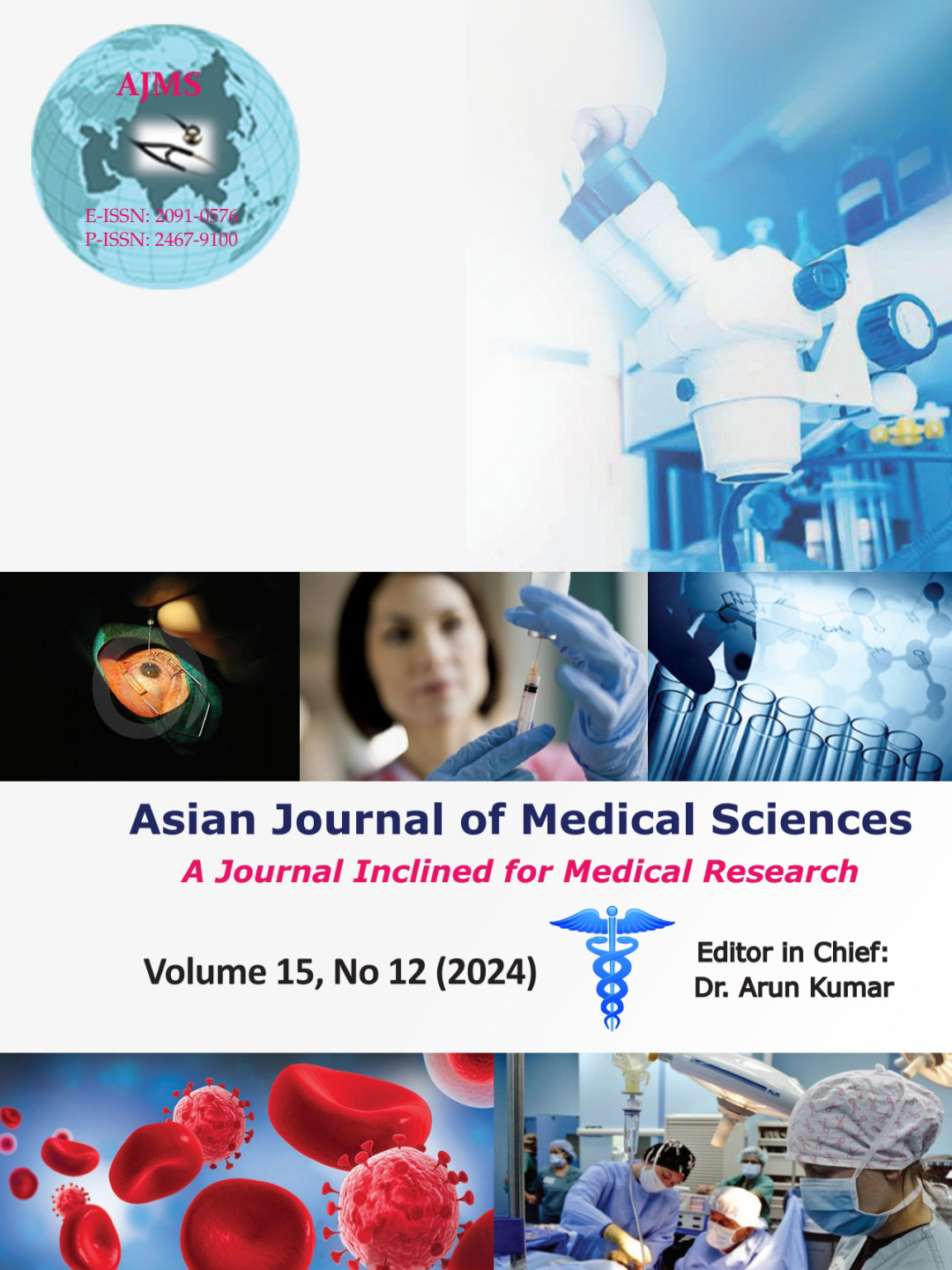Attitude toward body donation among the non-medical support staffs in a tertiary care center of Eastern India
Keywords:
Body donation; Willingness; Healthcare-support staff; Anatomy teaching; Cadaveric dissectionAbstract
Background: Anatomy is a basic fundamental subject of medical science. Cadaveric dissection is an essential part of the anatomy teaching-learning process to provide detailed in-depth knowledge about the structural organization of organs in human the body to medical students. Human cadavers are mainly obtained by the body donation program, but the rate of body donation is not adequate in various parts of the country.
Aims and Objectives: This study was conducted to assess the attitude toward body donation among the non-medical support staffs in a tertiary health care setup in Eastern India.
Materials and Methods: After ethical approval was obtained, a face-to-face interview was conducted among 151 non-medical support staffs using a structured questionnaire. The data were analyzed using Microsoft Excel and Epicollect5 software.
Results: This study revealed that 44.37% of the participants were willing to donate their bodies for medical science after their death. The willingness was relatively higher among the male population, with urban residence, higher education level, and higher income group. The main motivation toward body donation was to help society by helping medical science. The main reason behind unwillingness was being uncomfortable about donating own body.
Conclusion: Target-oriented awareness program could be conducted to increase motivation toward body donation. Publicly acknowledging the body donors and showing respect to the cadaver and donor family might increase willingness toward body donation.
Downloads
Downloads
Published
How to Cite
Issue
Section
License
Copyright (c) 2024 Asian Journal of Medical Sciences

This work is licensed under a Creative Commons Attribution-NonCommercial 4.0 International License.
Authors who publish with this journal agree to the following terms:
- The journal holds copyright and publishes the work under a Creative Commons CC-BY-NC license that permits use, distribution and reprduction in any medium, provided the original work is properly cited and is not used for commercial purposes. The journal should be recognised as the original publisher of this work.
- Authors are able to enter into separate, additional contractual arrangements for the non-exclusive distribution of the journal's published version of the work (e.g., post it to an institutional repository or publish it in a book), with an acknowledgement of its initial publication in this journal.
- Authors are permitted and encouraged to post their work online (e.g., in institutional repositories or on their website) prior to and during the submission process, as it can lead to productive exchanges, as well as earlier and greater citation of published work (See The Effect of Open Access).




